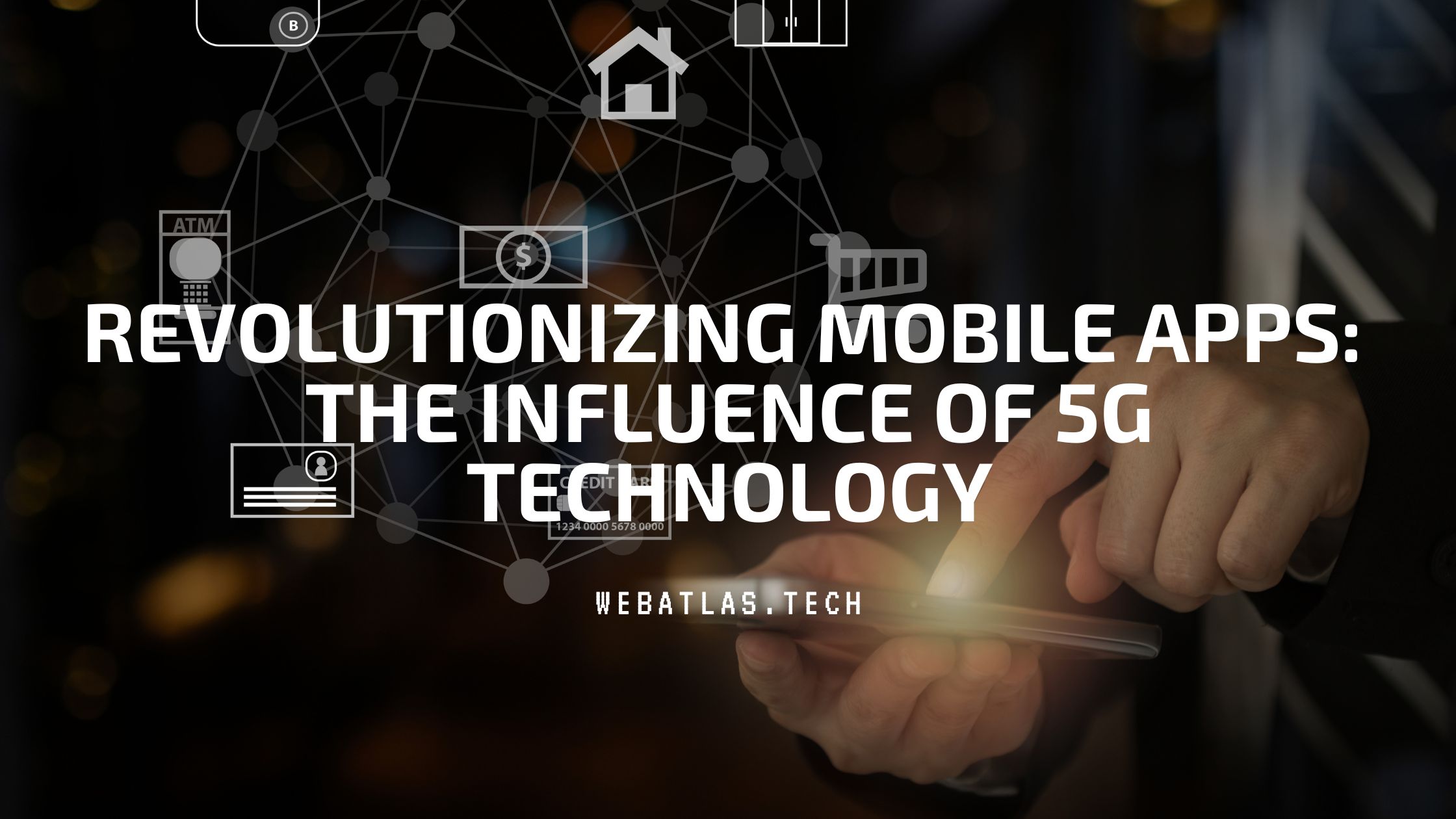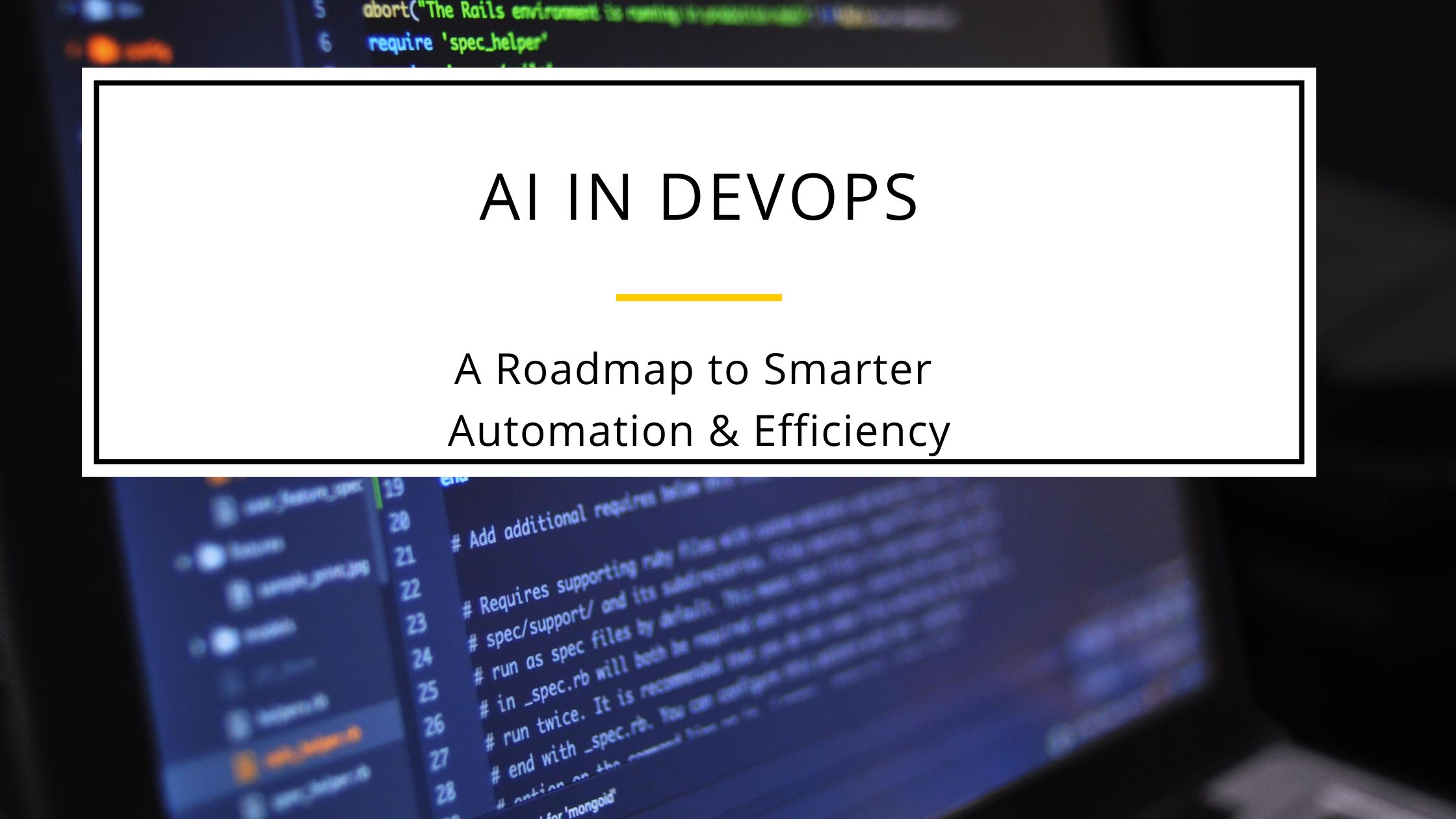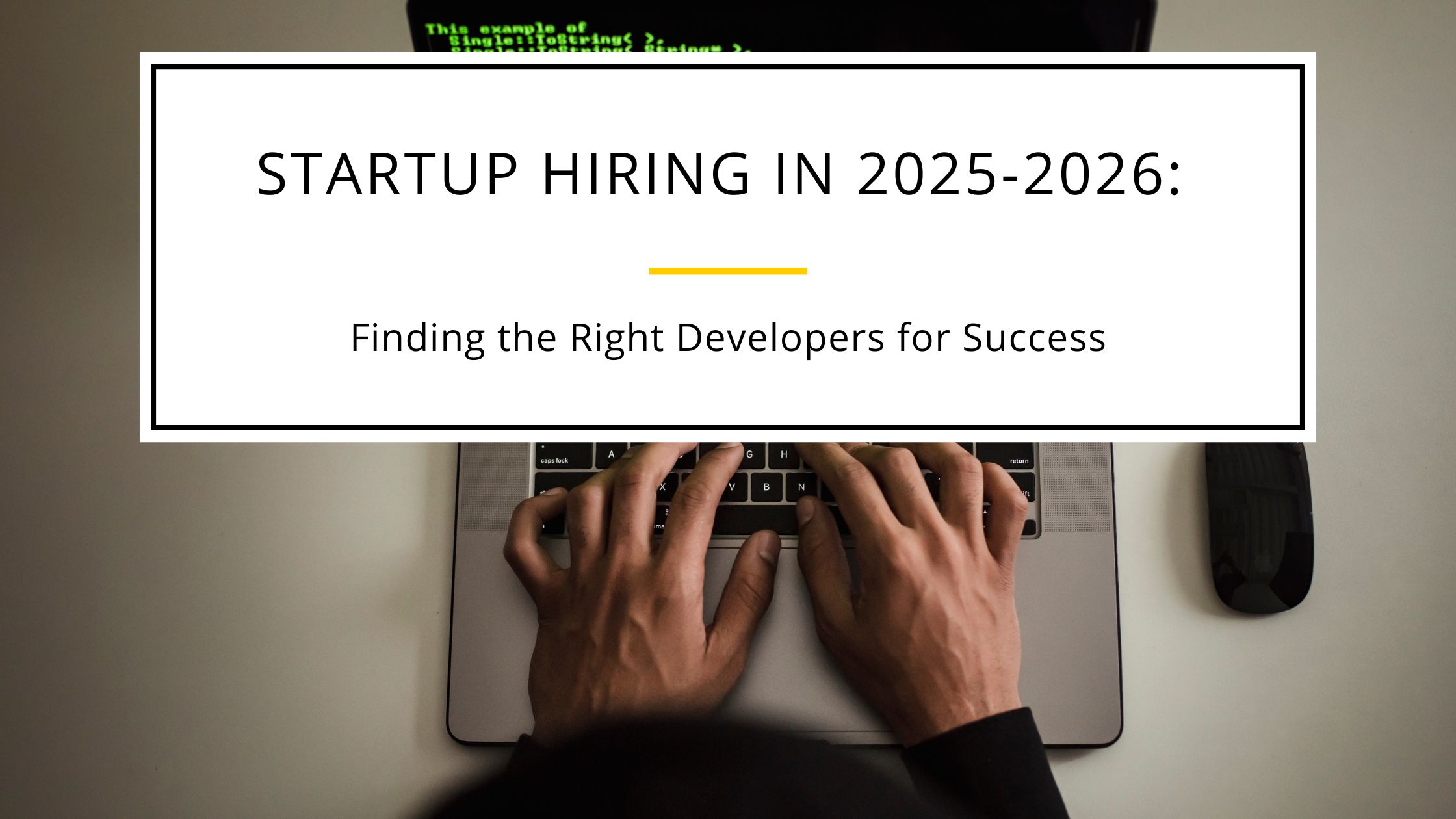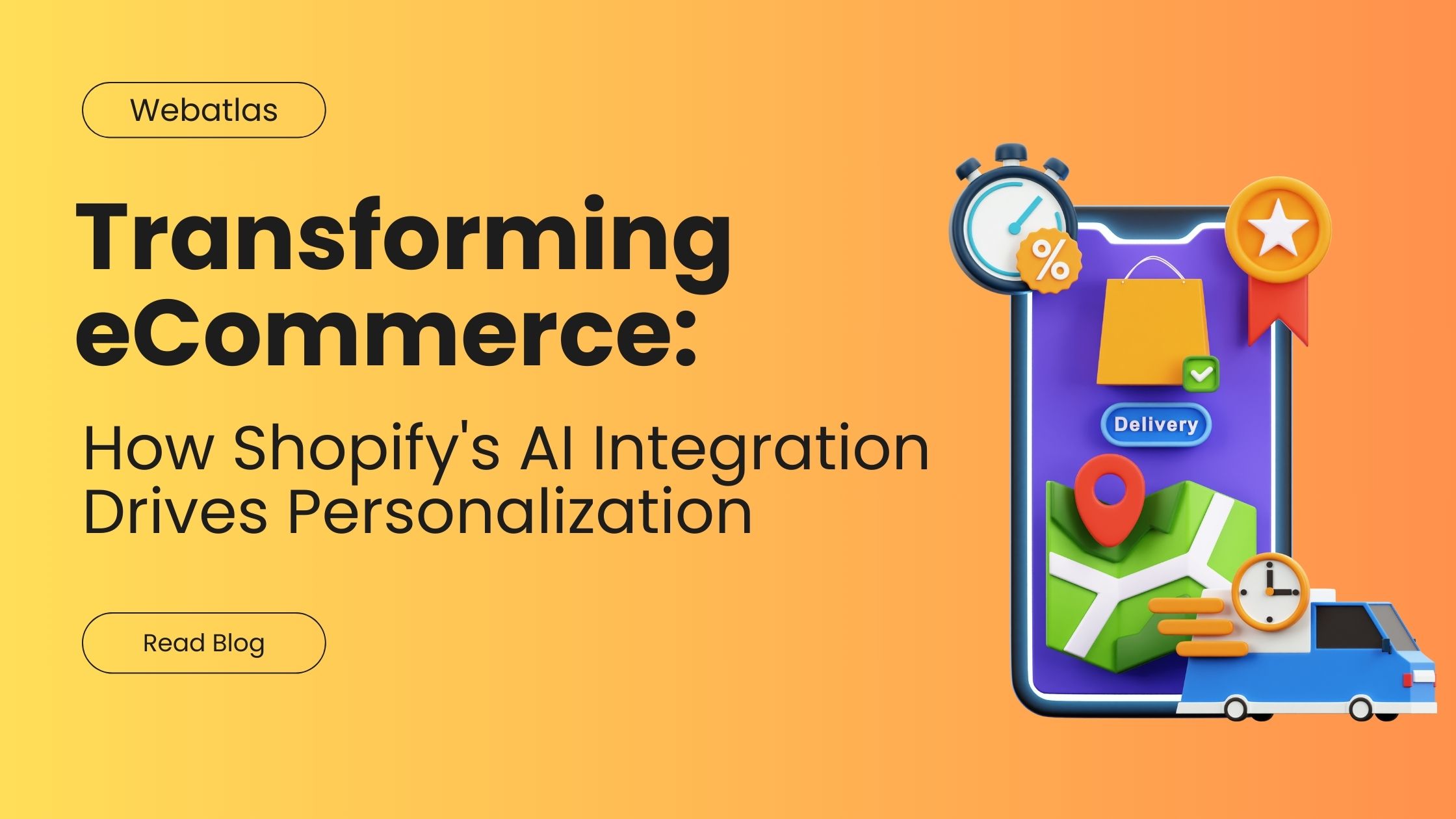The Impact of 5G on Mobile App Development- Webatlas

In the ever-evolving landscape of technology, 5G stands out as a transformative force set to revolutionize mobile app development. The fifth generation of mobile networks promises unprecedented speed, ultra-low latency, and massive connectivity, paving the way for innovative applications that were previously impractical or limited by network capabilities. In this comprehensive exploration, we delve into the multifaceted impact of 5G on mobile app development, examining its implications across various industries, challenges, and the expertise of Webatlas in harnessing this technology for creating cutting-edge mobile solutions.
Enhanced Speed and Performance
The cornerstone of 5G technology lies in its ability to deliver blazing-fast speeds and enhanced performance compared to its predecessors. With theoretical download speeds reaching up to 10 gigabits per second (Gbps), 5G is approximately 100 times faster than 4G LTE networks. This dramatic increase in speed translates to almost instantaneous app downloads, seamless streaming of high-definition content, and rapid data transfer rates, fundamentally changing user expectations and experience.
Mobile apps that heavily rely on data-intensive operations, such as video streaming services, cloud gaming platforms, and augmented reality (AR) applications, stand to benefit significantly from 5G’s enhanced speed and bandwidth. For instance, streaming platforms can deliver 4K and even 8K video content without buffering, while AR apps can render complex virtual environments in real-time with crisp detail.
Low Latency for Real-Time Applications
Latency, often referred to as the delay in data transmission between devices, is another critical aspect where 5G excels. 5G networks offer ultra-low latency as low as 1 millisecond (ms), compared to the typical 20-30 ms latency of 4G networks. This near-instantaneous responsiveness is essential for real-time applications that demand quick interaction between users and servers, such as online multiplayer gaming, remote robotic surgeries, and autonomous vehicles.
In the realm of mobile app development, reduced latency enables smoother and more immersive user experiences. Mobile games leveraging 5G can support multiplayer environments with minimal lag, enhancing competitive gameplay and fostering community engagement. Similarly, telemedicine apps can facilitate real-time consultations and surgical procedures with enhanced precision and reliability, bridging geographical gaps and expanding access to healthcare services.
Support for Immersive Technologies
The high bandwidth capabilities of 5G networks are pivotal for advancing immersive technologies like augmented reality (AR) and virtual reality (VR) in mobile applications. AR and VR apps require substantial data transfer rates to deliver seamless and high-definition visual content, coupled with responsive interactions. With 5G, developers can create immersive experiences that blur the lines between the digital and physical worlds, transforming industries ranging from education and entertainment to retail and tourism.
For instance, AR-powered navigation apps can overlay real-time directions onto a user’s surroundings, providing intuitive guidance in unfamiliar environments. VR applications can offer virtual tours of real estate properties or immersive training simulations for industries such as aviation and manufacturing. These innovations not only enhance user engagement but also open new avenues for businesses to showcase products and services in captivating ways.
IoT and Connected Devices
The Internet of Things (IoT) ecosystem is poised to flourish with the widespread adoption of 5G technology. IoT devices, ranging from smart home appliances and wearable health monitors to industrial sensors and autonomous drones, require reliable and high-speed connectivity to transmit data seamlessly and efficiently. Mobile apps serve as the interface through which users interact with and manage IoT devices, enabling personalized automation, remote monitoring, and predictive maintenance capabilities.
5G’s robust connectivity and low latency empower IoT applications to operate in real-time, facilitating synchronized interactions between interconnected devices. For example, smart city initiatives can leverage IoT sensors and data analytics to optimize traffic flow, reduce energy consumption, and enhance public safety. In healthcare, IoT-enabled mobile apps can monitor patients’ vital signs remotely, alerting healthcare providers to potential issues before they escalate.
Also Read- How Much Does It Cost to Hire a React JS Developer in 2024?
New Opportunities for Innovation
The advent of 5G technology heralds a new era of innovation in mobile app development, offering unprecedented opportunities for developers and businesses alike to pioneer groundbreaking solutions. Industries across sectors such as healthcare, automotive, gaming, and retail are poised to leverage 5G’s capabilities to drive digital transformation and competitive advantage.
Healthcare
In healthcare, 5G-enabled mobile apps hold promise for revolutionizing patient care delivery and clinical workflows. Telemedicine platforms can deliver high-definition video consultations and remote diagnostics with minimal latency, facilitating timely interventions and improving healthcare access in underserved areas. Mobile health apps equipped with IoT sensors can monitor patients’ health metrics in real-time, providing actionable insights to healthcare providers and empowering individuals to proactively manage their well-being.
Automotive
The automotive industry is undergoing a paradigm shift with the integration of 5G-enabled connectivity into vehicles. Mobile apps can harness 5G’s low latency and high bandwidth to support advanced driver-assistance systems (ADAS), vehicle-to-everything (V2X) communication, and over-the-air (OTA) software updates. Connected car apps can enhance safety through real-time collision warnings, enable predictive maintenance based on vehicle diagnostics, and offer personalized infotainment experiences for passengers.
Gaming and Entertainment
5G technology is set to redefine the gaming and entertainment landscape, enabling immersive experiences and multiplayer gaming on mobile devices. Cloud gaming platforms can leverage 5G’s high-speed connectivity to stream console-quality games directly to smartphones and tablets, eliminating the need for expensive gaming hardware. Mobile entertainment apps can deliver ultra-high-definition video streaming, interactive live events, and augmented reality (AR) experiences that blur the line between digital content and reality.
Retail and E-commerce
In the retail sector, 5G presents opportunities to enhance the shopping experience through mobile apps that leverage augmented reality (AR) for virtual try-ons, interactive product demos, and personalized recommendations based on real-time data analytics. Mobile commerce apps can offer seamless and secure transactions, real-time inventory updates, and location-based marketing initiatives to drive customer engagement and conversion rates.
Challenges and Considerations
While the potential benefits of 5G for mobile app development are vast, several challenges and considerations must be addressed to realize its full potential.
Network Coverage and Infrastructure
One of the primary challenges with 5G adoption is ensuring widespread network coverage and infrastructure readiness. 5G networks require a dense deployment of small cells and base stations due to their higher frequency bands, which can pose logistical and cost challenges for mobile operators. Urban areas and densely populated regions are likely to see initial deployments, while rural and remote areas may experience slower adoption rates due to infrastructure limitations.
Compatibility and Interoperability
Ensuring compatibility and interoperability across devices, networks, and operating systems is crucial for delivering consistent user experiences across different 5G-enabled devices. Mobile app developers must optimize their applications to leverage 5G’s capabilities while maintaining backward compatibility with existing 4G LTE networks to accommodate users with varying network access.
Battery Life Optimization
Despite advancements in energy-efficient chipsets and network technologies, 5G’s increased data transmission capabilities can impact device battery life. Mobile app developers must implement efficient coding practices, minimize background processes, and leverage power-saving APIs to optimize battery performance without compromising app functionality or user experience.
Security and Privacy Concerns
As mobile apps become more interconnected and data-intensive with 5G, cybersecurity threats and privacy concerns become more pronounced. Developers must prioritize implementing robust encryption standards, secure authentication mechanisms, and data protection measures to safeguard sensitive user information from potential vulnerabilities and breaches.
Expertise of Webatlas in Mobile App Development
At Webatlas, we specialize in leveraging cutting-edge technologies like 5G to develop innovative and scalable mobile app solutions that empower businesses to thrive in a digital-first world. With a team of seasoned developers, designers, and strategists, we have a proven track record of delivering high-performance mobile apps that exceed client expectations and industry standards.
Tailored Solutions for 5G Integration
We understand the transformative potential of 5G technology and its implications for mobile app development across various sectors. Our expertise lies in harnessing 5G’s speed, low latency, and high bandwidth capabilities to create immersive AR/VR experiences, real-time IoT applications, and responsive gaming platforms. Whether it’s optimizing existing apps for 5G compatibility or developing new solutions from the ground up, we tailor our approach to meet the unique needs and objectives of each client.
Focus on User-Centric Design
At Webatlas, we prioritize user-centric design principles to create intuitive and engaging mobile app interfaces. Our design team collaborates closely with clients to understand their target audience, business goals, and market trends, ensuring that every app we develop delivers a seamless and memorable user experience. From wireframing and prototyping to iterative testing and refinement, we strive to exceed user expectations and drive meaningful interactions through our mobile app solutions.
Commitment to Quality and Innovation
Quality assurance is at the core of our development process at Webatlas. We adhere to industry best practices and rigorous testing protocols to ensure that our mobile apps perform flawlessly across devices, networks, and operating systems. Our commitment to innovation drives us to explore emerging technologies, integrate advanced functionalities, and stay ahead of market trends to deliver future-proof solutions that elevate our clients’ competitive advantage.
Conclusion
In conclusion, the impact of 5G on mobile app development is poised to reshape industries, empower businesses, and enhance user experiences on a global scale. From enhanced speed and low latency for real-time applications to support for immersive technologies like AR/VR and seamless IoT connectivity, 5G unlocks unprecedented opportunities for innovation and growth.
However, the journey towards harnessing the full potential of 5G comes with its set of challenges, including network coverage, compatibility, battery life optimization, and cybersecurity considerations. Mobile app developers must navigate these challenges strategically, leveraging 5G’s capabilities while addressing critical concerns to deliver secure, reliable, and high-performance apps.
At Webatlas, we are at the forefront of this technological evolution, driving innovation in mobile app development through our expertise, commitment to quality, and user-centric approach. Whether you are looking to optimize your existing app for 5G compatibility or embark on a new mobile app initiative, we are here to partner with you every step of the way, transforming your vision into reality in the era of 5G connectivity.
As the rollout of 5G networks accelerates globally, the future of mobile app development is brighter than ever, fueled by speed, innovation, and limitless possibilities. Embrace the power of 5G with Webatlas and unlock new horizons of success in the mobile app landscape.
For more information on how we can help you leverage 5G for your next mobile app project, contact us today and discover the Webatlas difference. Let’s innovate together in the era of 5G connectivity.
Also Read- AI for Game Testing: Streamlining QA with Intelligent Algorithms
Recent Post
Let's talk about your project, or just come and say hello!
Webatlas Technologies is the fastest growing web and mobile app development company



